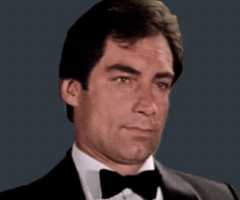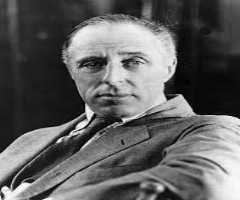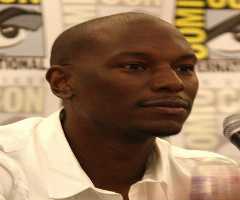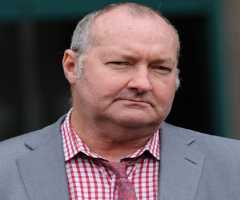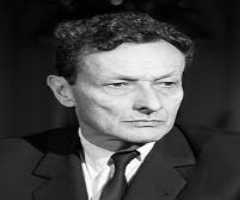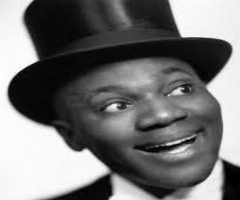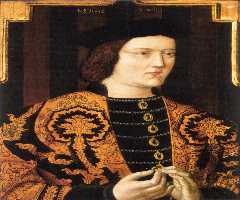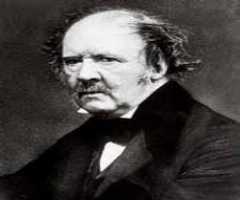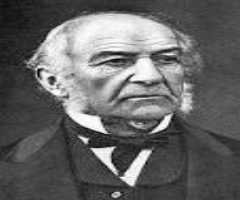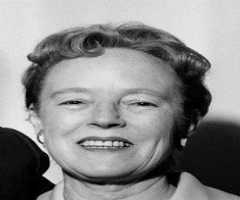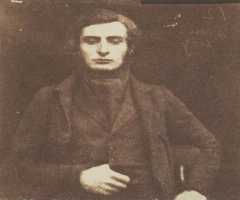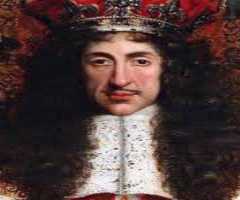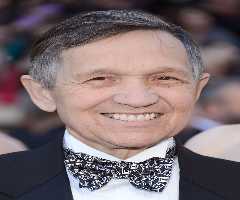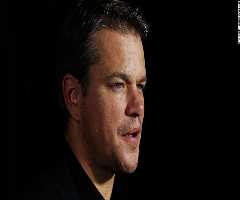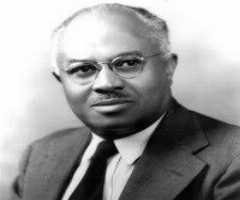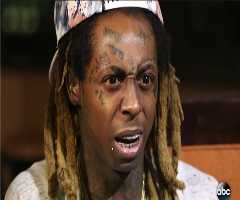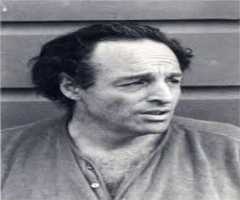Edmund Gwenn Biography, Life, Interesting Facts
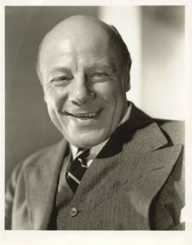
Birthday :
Died On :
Also Known For :
Birth Place :
London, England, United Kingdom
Zodiac Sign :
Childhood and Early Years
English actor Edmund Gwenn was born Edmund John Kelloway in Wandsworth, London on the 26 September 1877. As his father was a British civil servant, and Gwenn was expected to follow the family tradition.
Although his father initially disapproved of his eldest son’s choice of career, in later years he relented. Another son, Arthur, also became an actor with the stage name of Arthur Chesney.
Education
Edmund Gwenn was educated at St Olave’s and King’s College London. He developed an interest in acting while still at school. During his school days, he was also an amateur boxer and played rugby union.
Rise to Fame
Edmund Gwenn's first appearance on stage in the West End, London was in A Jealous Mistake in 1899. He spent three years with a touring company in Australia and New Zealand, returning to London in 1904. The Irish playwright George Bernard Shaw saw Gwenn in a production of The Hospital and offered him the role of Straker, the Cockney chauffeur in his play Man and Superman.
The play was a hit and established Gwenn as a serious actor. Bernard Shaw took an interest in his career, and Gwenn joined Shaw’s theatre company appearing in John Bull’s Island, Major Barbra, You Never Can Tell, Captain Brassbound’s Conversion and The Devil’s Disciple (1904-1907). By 1908 he was a well-established actor and appeared in productions of plays by John Masefield, John Galsworthy, and J.M. Barrie.
Edmund Gwenn was also in a production of Ibsen’s The Wild Duck and Granville-Barker’s The Voysey Inheritance. World War I intervened (1914-1918). Gwenn was declared unfit for active duty because of poor eyesight and spent his war service transporting supplies to the lines of battle. At the end of the war, he was honorably discharged, having attained the rank of captain.
Career
Edmund Gwenn's film debut was in a British Short, The Real Thing at Last (1916) during his army years. It was a silent film written by J.M. Barrie and was a parody based on Macbeth.
In 1921, Gwenn made his first stage appearance in the United States in A Voice from the Minaret. He spent the 1920s living and working in England both on stage and in the film; but did The House of Arrows on stage in the US in 1928. During the 1920s he was also in the silent films Unmarried (1920) and The Skin Game (1921) as Hornblower. By the 1930s, he was a busy actor.
Edmund Gwenn was directed by Alfred Hitchcock in a sound version of The Skin Game in 1931 when he again had the role of Hornblower. He appeared in the film adaptation of Bernard Shaw’s How He Lied to Her Husband (1931) as well as J.B. Priestley’s, The Good Companions (1933). Gwenn went on to appear in dozens of films during the 1930s, 1940s, and 1950s.
He also continued working on stage, including on Broadway and the West End and appeared in some television shows. Films he appeared in include Scarlett (1935) alongside Katherine Hepburn, Anthony Adverse (1936), All American Chump (1936), Parnell (1937), and A Yank at Oxford (1938). The 1940s saw him in Pride and Prejudice (1940) portraying Mr. Bennett and an assassin in Foreign Correspondent (1940) directed to Alfred Hitchcock.
Edmund Gwenn was in Cheers for Miss Bishop (1941), One Night in Lisbon (1941), Charley’s Aunt (1941), A Yank at Eton (1942), The Keys to the Kingdom (1944) Of Human Bondage (1946) and Life with Father (1947). Gwenn is best remembered for his role as Kris Kringle (Father Christmas) in the Miracle on 34th Street (1947) for which he won a Best Supporting Actor Oscar as well as a Golden Globe Award.
Later Years
After winning the Best Supporting Actor Oscar at age 71, Edmund Gwenn continued working throughout the final decade of his life. He was in Louisa (1950), Mister 880 (1950), All About Eve (1950), Sally and Saint Anne (1952), The Beast from 20,000 Fathoms (1953), Them! (1954), It’s a Dog’s Life (1955), The Trouble with Harry (1955). His final film was The Rocket from Calabuch (1956).
Awards and Achievements
Edmund Gwenn won a Best Supporting Actor Oscar as well as a Golden Globe award for his role of Kris Kringle (Father Christmas) in Miracle on 34th Street (1947). He has a star on the Hollywood Walk of fame at 1751 Vine Street. He also won a Golden Globe in 1951 for Mister 880.
Health and Diseases
Edmund Gwenn suffered from poor eyesight all his life. In later years, in later years, he lived with crippling arthritis, suffered from a stroke and died from pneumonia in 1959.
Personal Life
Edmund Gwenn had an earlier marriage to Minnie Terry in (m.1901-div.1914), and they divorced in 1914. The couple remained lifelong friends, and she was named a beneficiary in his Will. Terry was the niece of the famous British actress Ellen Terry.
During World War II, Gwenn’s London house was flattened by a bomb. After moving to Hollywood, he remained a British citizen although he spent the remainder of his life living and worked in Hollywood. Edmund Gwenn died on the 6 September 1959. His friend Rodney Soher, who lived with him in later years, was the executor of his Will.
More Film Actors
More People From England
-
![Deji Olatunji]()
Deji Olatunji
-
![Joan Collins]()
Joan Collins
-
![Richard III of England]()
Richard III of England
-
![Julie Andrews]()
Julie Andrews
-
![Holliday Grainger]()
Holliday Grainger
-
![William Henry Fox Talbot]()
William Henry Fox Talbot
